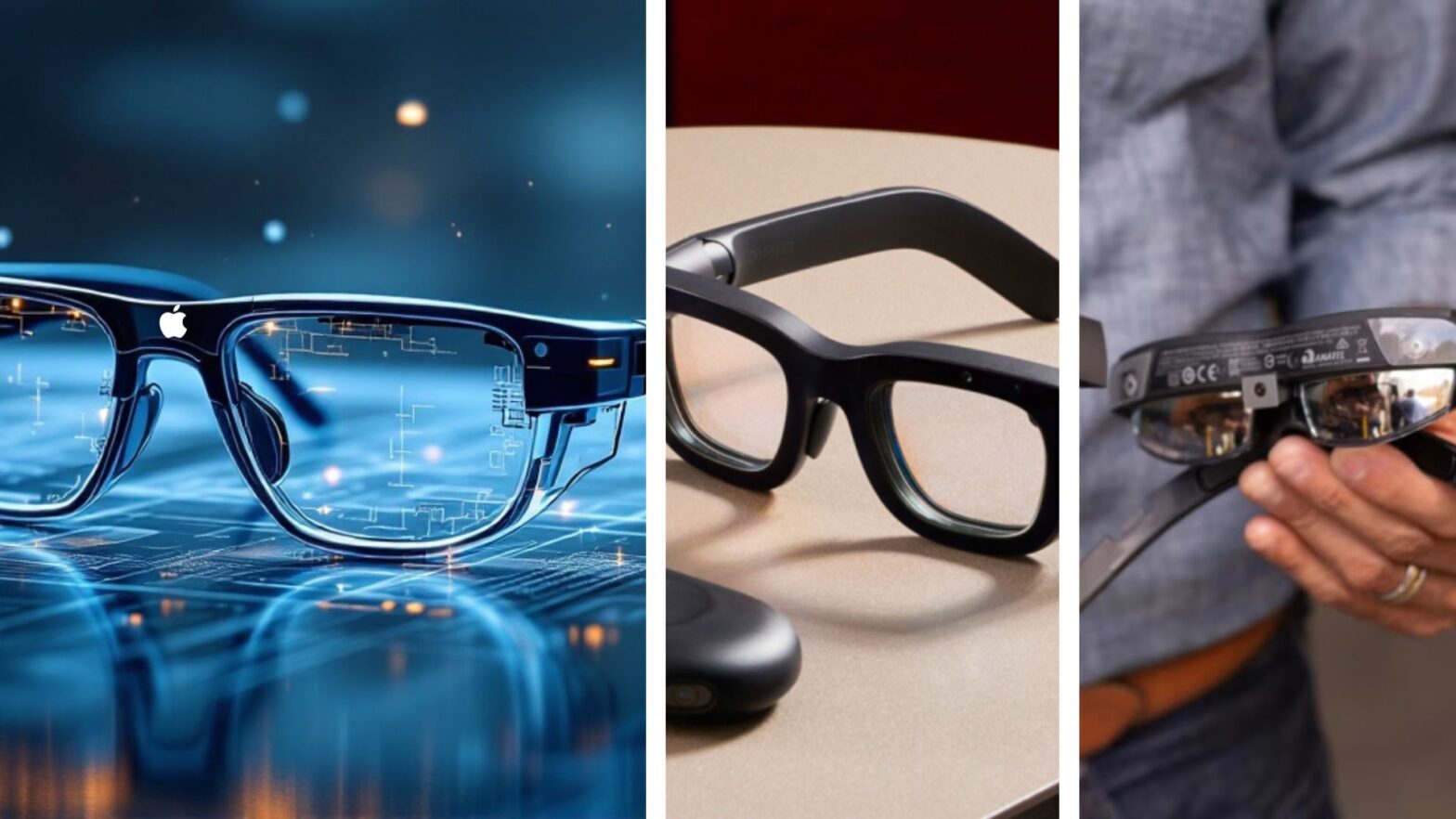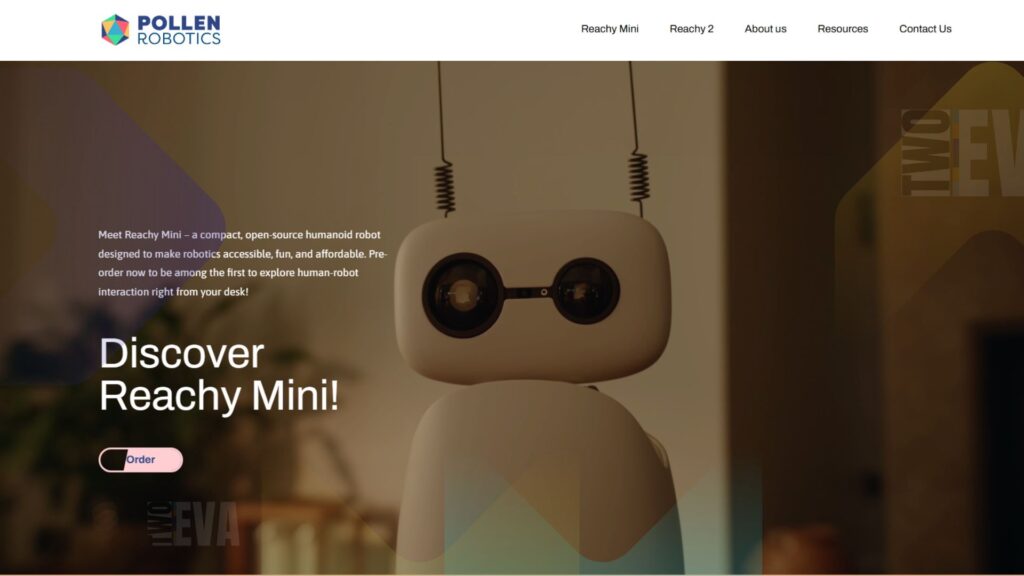In a significant shift in the augmented reality (AR) landscape, Apple has officially canceled its ambitious Project N107, leaving competitors poised to capitalize on the market opportunity. The project, which aimed to develop everyday-use AR glasses that would seamlessly integrate with Apple devices, faced insurmountable challenges related to battery life and performance.
Initially conceived as an iPhone-paired device, Project N107 later pivoted to Mac integration to leverage the computer’s larger battery capacity and processing power. However, even this adjustment proved insufficient to overcome the technical hurdles, leading to the project’s ultimate termination.
Meta
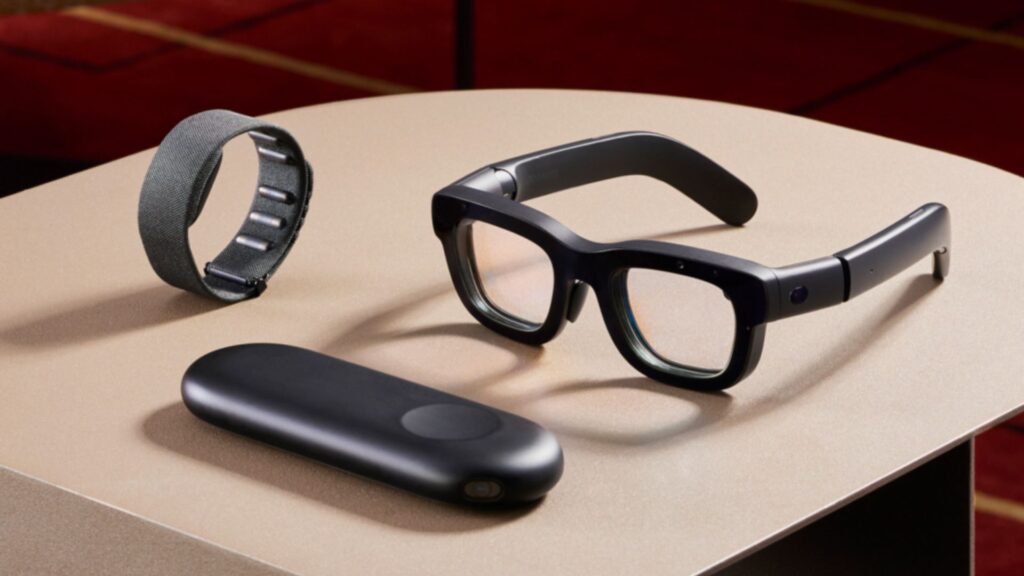
As Apple steps back from this segment, several competitors are advancing their AR initiatives with notable momentum. Meta has unveiled its Orion AR glasses, demonstrating the company’s commitment to pushing the boundaries of augmented reality technology. The development represents a crucial step in Meta‘s broader vision for the future of AR integration.
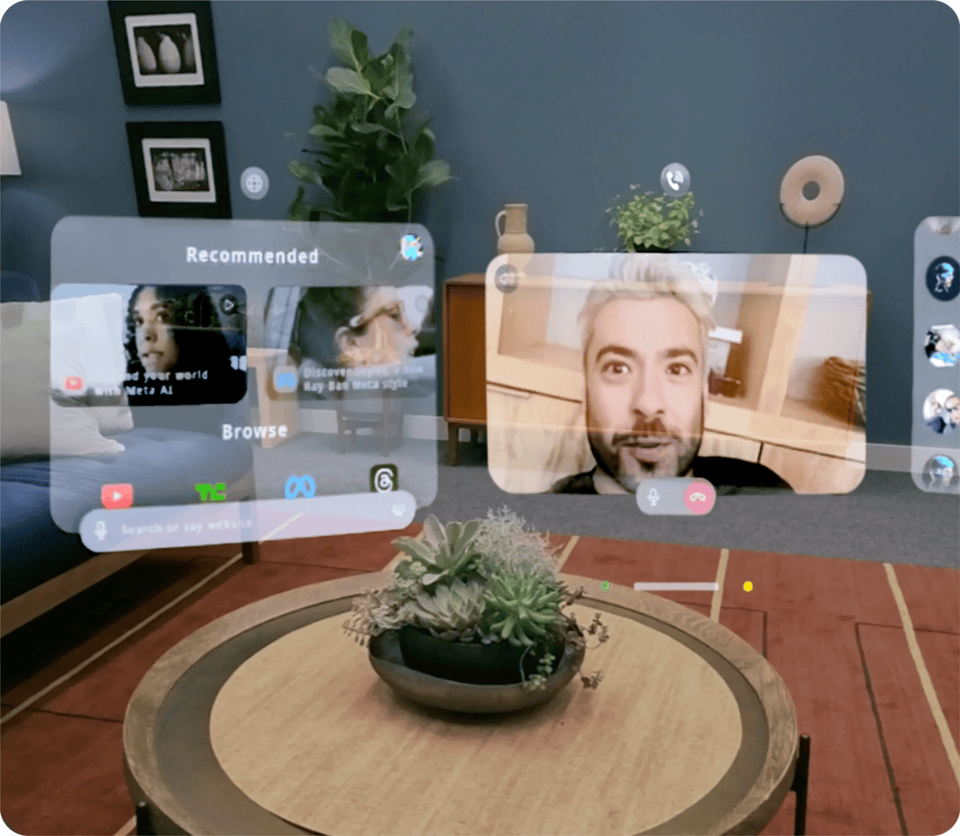
Xreal
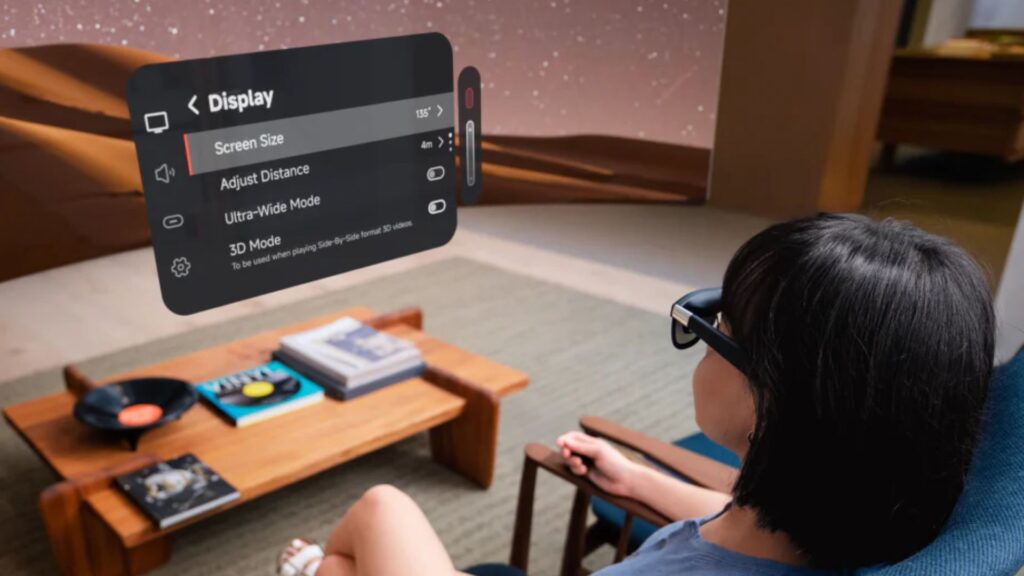
Xreal is emerging as a particularly aggressive player in this space, with its Air 2 Ultra AR glasses scheduled to begin shipping in March 2025. Currently available for developer preorders, these glasses are positioned to compete directly with Meta’s Quest 3 and Apple’s Vision Pro in terms of capabilities and market positioning.
ThinkReality A3
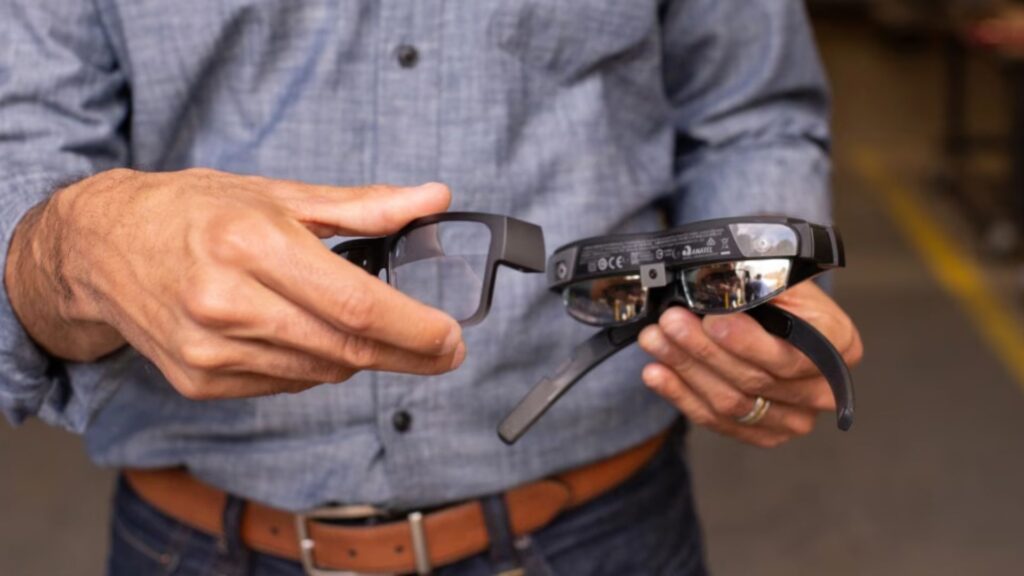
Lenovo has also made significant strides with its ThinkReality A3, introducing an innovative hybrid approach to AR technology. The device connects to smartphones or laptops, effectively addressing the processing power challenges that contributed to Apple’s project cancellation, while maintaining a sleek form factor.
The technical specifications of these emerging AR solutions demonstrate significant advancements:
• Enhanced Processing Power: Integration with external devices for improved computational capabilities
• Advanced AI Functionalities: Improved gesture recognition and environmental mapping
• Optimized Wearability: Lightweight materials and ergonomic designs for extended use
• Enhanced Display Technology: Improved waveguide technology for better occlusion and light efficiency
Industry experts note that the AR market is witnessing increased innovation in critical areas where Apple’s project struggled. Companies like Nvidia and Google are actively working on improving waveguide technology, addressing fundamental challenges in AR optics that have historically limited the technology’s widespread adoption.
The enterprise sector appears to be a primary focus for these competitors, with applications spanning healthcare, manufacturing, and retail. The emphasis on practical applications and real-world use cases suggests a more measured approach to market entry compared to Apple’s ambitious consumer-focused vision.
This market realignment presents a unique opportunity for competitors to establish themselves in the AR space, particularly in enterprise applications where immediate practical value can be demonstrated. While Apple’s withdrawal from this specific segment may seem like a setback for the industry, the robust response from competitors indicates a healthy ecosystem of innovation and competition in the AR market.
The shift in market dynamics suggests that rather than waiting for a perfect consumer-ready solution, companies are adopting a more pragmatic approach, focusing on specific use cases and gradual technological advancement. This strategy may prove more sustainable in the long term, allowing for natural evolution of the technology while maintaining practical utility.
As the market continues to evolve, the focus appears to be shifting toward hybrid solutions that balance performance, battery life, and user experience – the very challenges that led to Apple’s project cancellation. This adaptation demonstrates the industry’s resilience and ability to learn from setbacks while pushing forward with innovative solutions.

